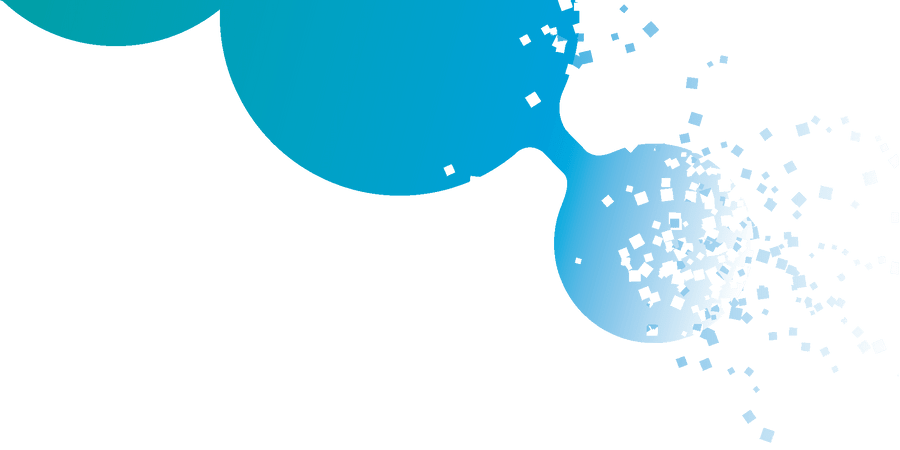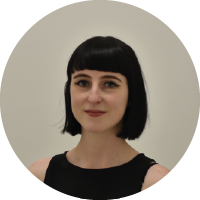Aurélie Cobat
Theme leader Computational Genetics, Institut Imagine, France
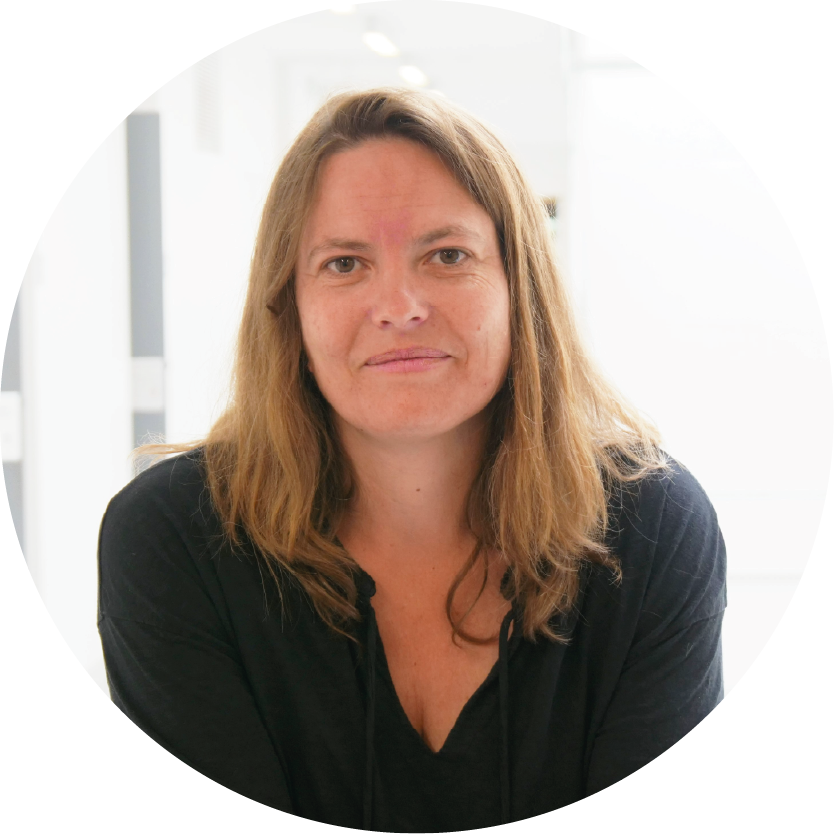
Aurélie Cobat is an INSERM-appointed Assistant Professor at the Imagine Institute in the Laboratory of Human Genetics of Infectious Diseases (HGID) and Guest Investigator at The Rockefeller University in the St. Giles Laboratory of HGID. Her research focuses on the human genetic contribution to the natural history of mycobacterial and viral infections. She completed a medical degree with a diploma of specialized studies of Public Health at the French Paris Descartes University in 2009. During her medical training, she extended her work to research and joined the HGID laboratory (led by Dr Laurent Abel and Pr Jean-Laurent Casanova) in Paris, France, as a PhD student in Genetic Epidemiology. She began studying the human genetic basis of the early phase of Mycobacterium tuberculosis (Mtb) infection. During her postdoctoral training at McGill University, Canada, she studied the genetic components of the second most common mycobacterial infection, leprosy. When she returned to the HGID laboratory in 2013, she began to work on viral diseases. In 2016, she was recruited as an INSERM researcher in the HGID laboratory, where she lead a research team focusing on computational genetics of human infections.
Aurélie Cobat is presenting in the session Bioinformatics in infectious diseases: tackling challenges from hosts to pathogens.
Stephanie Hicks
Johns Hopkins Bloomberg School of Public Health, USA
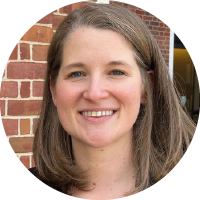
Stephanie Hicks is an Associate Professor in the Department of Biomedical Engineering and Biostatistics at Johns Hopkins University. She is an applied statistician working at the intersection of genomics and biomedical data science. Her research addresses computational challenges in single-cell genomics, epigenomics, and spatial transcriptomics leading to an improved understanding of human health and disease. Specifically, she develops computational methods using statistics and machine learning. She implements these methods in open-source software for the analysis of biomedical data. She serves on a variety of boards including the Bioconductor Technical Advisory Board, and the Editorial Board at Genome Biology and the Journal of American Statistical Association. Locally, she co-founded and co-organizes the R-Ladies Baltimore chapter to promote gender diversity in the R programming language community. She is a recipient of several professional awards including a K99/R00 Pathway to Independence Award, Teaching in the Health Sciences Young Investigator Award from the American Statistical Association (ASA), an ASA Fellow, Harvard University’s Myrto Lefkopoulou Award for excellence in Biostatistics, and the COPSS Emerging Leader Award from the ASA, arguably the statistical profession’s most prestigious award for early career leaders in Statistics and Data Science.
Stephanie Hicks is presenting in the session Computational methods for single-cell and spatial omics: from data to biological insights .
Elodie Laine
Laboratory of Computational, Quantitative, and Synthetic Biology, Sorbonne University, Paris, France
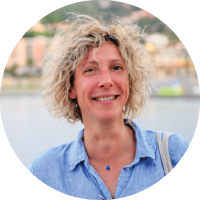
Elodie Laine works at the Laboratory of Computational, Quantitative, and Synthetic Biology at Sorbonne University. Her research focuses on the protein sequence-structure-dynamics-function relationship. How do proteins fold, move, and associate? What mechanisms cause their dysfunction? How have highly specialized proteomes diversified through evolution? With her research team, she has developed efficient, scalable, and interpretable computational and AI methods for deciphering the complexity of protein surface interactions with multiple partners, describing conformational ensembles and transitions, assessing the functional impacts of protein mutations, and mapping proteoform diversity in evolution.
She is a Professor at Sorbonne University and a junior member of the Institut Universitaire de France. She completed her PhD in life sciences at Institut Pasteur and conducted her postdoctoral research at École Normale Supérieure de Cachan, France.
Elodie Laine is presenting in the session Protein design and modeling molecular assemblies: breakthroughs and applications in computational structural biology.
Eline Lorenzen
Professor of Molecular Natural History, Globe Institute, University of Copenhagen, Denmark
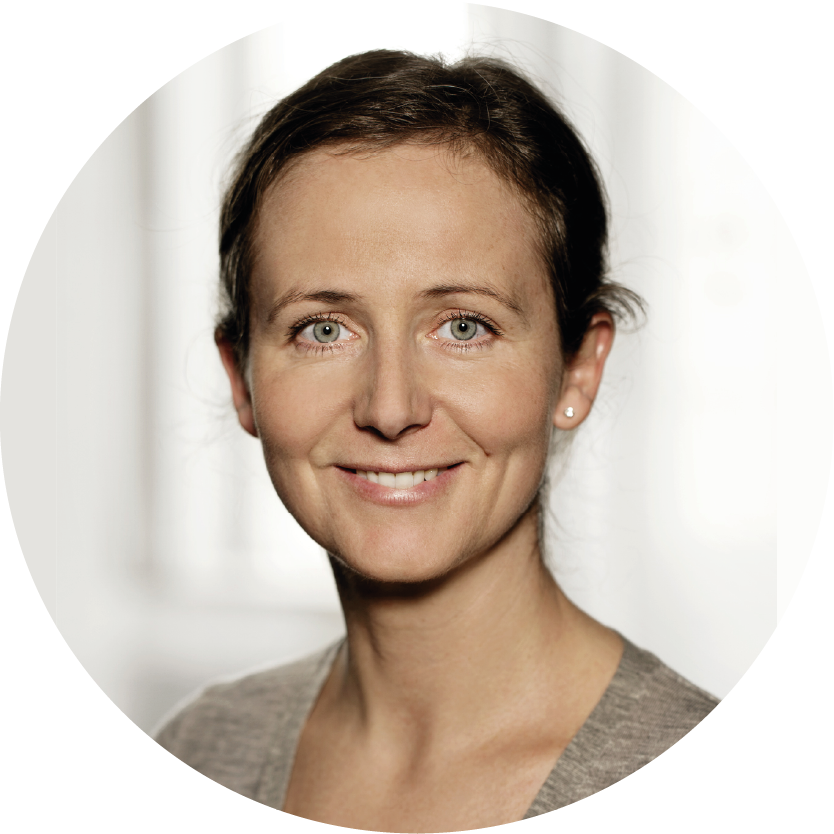
Eline Lorenzen is a molecular ecologist at the University of Copenhagen's Globe Institute, where she investigates the intricate relationships between climate change and biodiversity. She combines cutting-edge molecular techniques with traditional natural history to understand how species respond to environmental change. Her interdisciplinary approach has earned her numerous prestigious accolades, including the 2023 Elite Research Prize from the Danish Ministry of Higher Education and Science. Beyond her research achievements, Eline holds key advisory positions with international conservation organizations including the IUCN Species Survival Commission and WWF Denmark. Her work has been featured in major biology textbooks and recognized by UNESCO-L'Oreal's For Women in Science program. As a passionate advocate for interdisciplinary research and scientific storytelling, Eline leads a diverse research group of international scientists and emphasizes the importance of communicating complex scientific findings in compelling ways. Her innovative research provides crucial insights into how species adapt to changing environments—knowledge that is increasingly vital in our era of rapid global change.
Eline Lorenzen is presenting in the session Integrative bioinformatics for evolutionary and environmental processes
Païvi Östling
Associate Professor, Karolinska Institute, Sweden
Scientific Lead of Precision Medicine, SciLifeLab
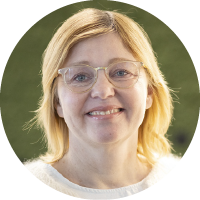
Päivi Östling has more than 10 years of research experience in the field of precision cancer medicine (PCM) research. As of 2016, she has been responsible for establishing a functional precision medicin (fPM) platform at SciLifeLab through the Olli Kallioniemi research group where she also acts as a co-principal investigator. The groups research focuses on individualized drug profiling including multi-omics in acute myeloid leukemia, ovarian and bladder cancer as well as pediatric tumors.
Since June 2021, she is one of the Scientific Leads of Precision Medicine at SciLifeLab that aims to enable next generation precision medicine and define a strategic roadmap towards this. In addition, she has key positions of trust within the Swedish Life Science sector including the board of PCM Program at KI, Cancer Research KI, SWELife and Genomic Medicine Sweden.
Through her research focus, her experience in establishing research infrastructure for precision medicine and her commissions of trust she is uniquely placed to provide valuable insights into the complex landscape of precision medicine.
Païvi Östling is presenting in the session Clinical data science: advancements in diagnostics and patient care.
Itay Tirosh
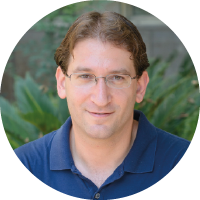
Professor, Weizmann Institute of Science, Israel
Group's webpage
Itay Tirosh obtained his PhD in computational biology from the Weizmann Institute of Science. From 2012 to 2017 he was a postdoctoral fellow at the Regev and Golub labs at the Broad Institute of MIT and Harvard, where he pioneered the application of single cell RNA sequencing to human tumors. Since 2017 he has been a PI at the Weizmann Institute of Science. The Tirosh lab is applying single cell and spatial technologies to clinical tumor samples, and combines that with extensive computational analysis to understand the diversity of cells within human tumors and the implication of such diversity. The lab studies multiple tumor types but is primarily focused on glioma and head and neck cancer.
Itay Tirosh is presenting in the session Bioinformatics for cancer research.
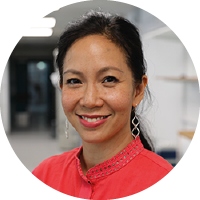 Serena Nik-Zainal
Serena Nik-Zainal
